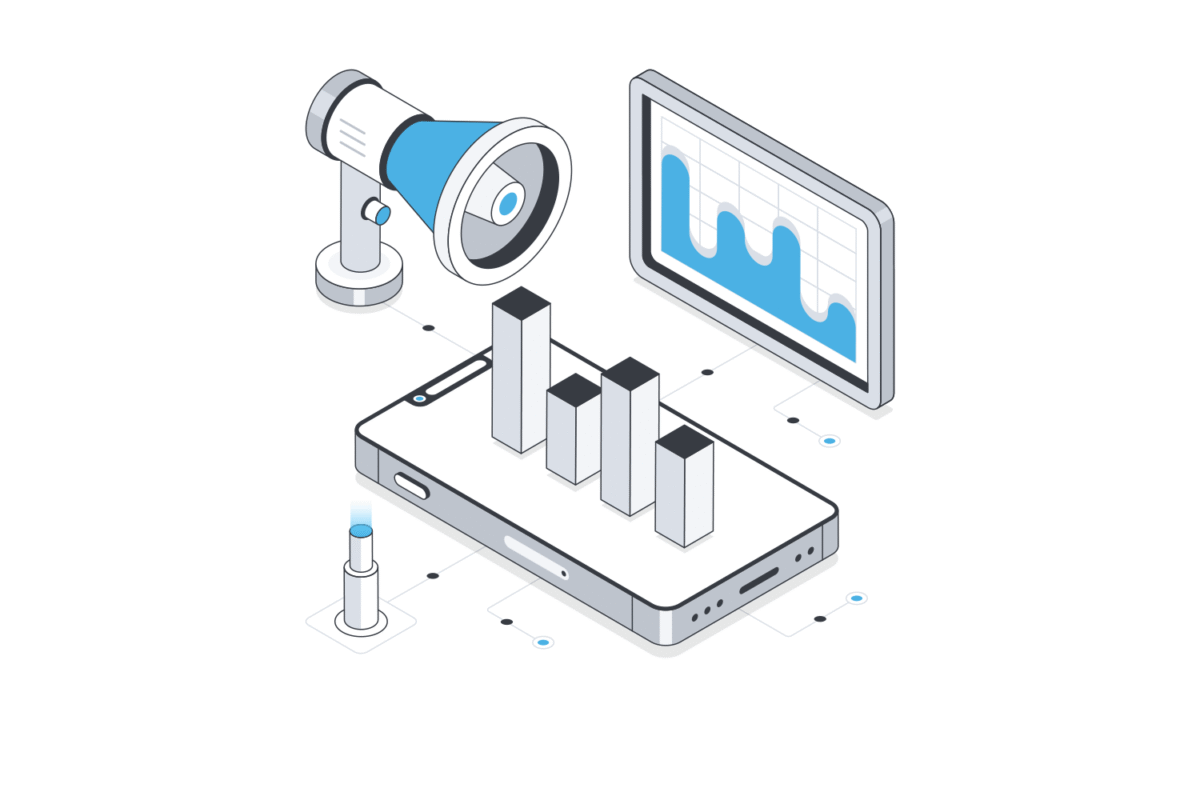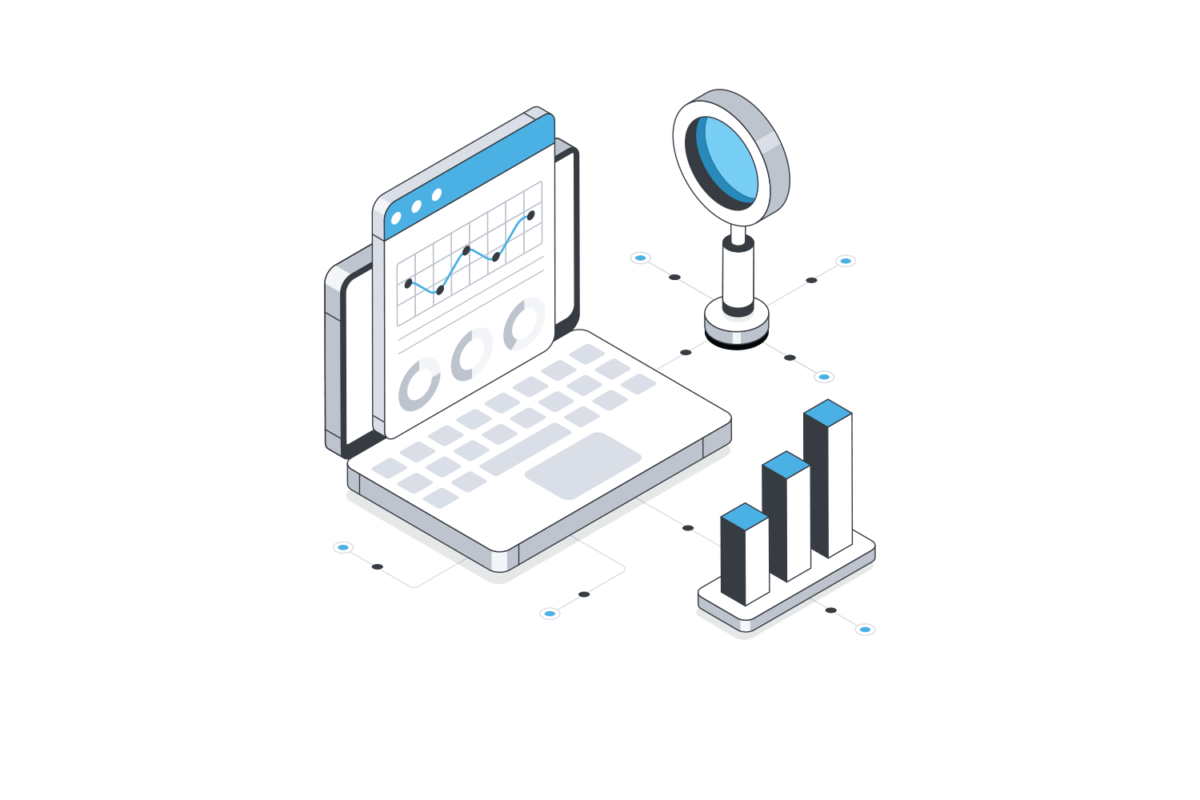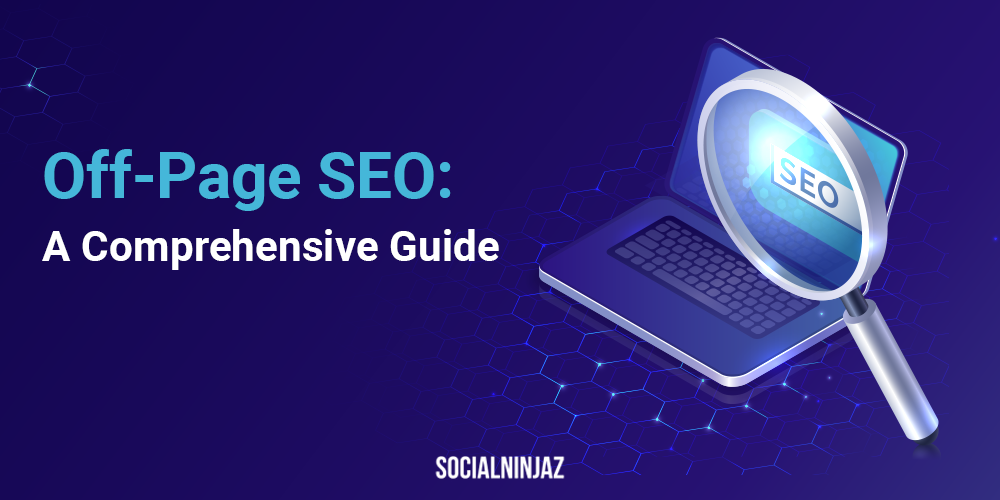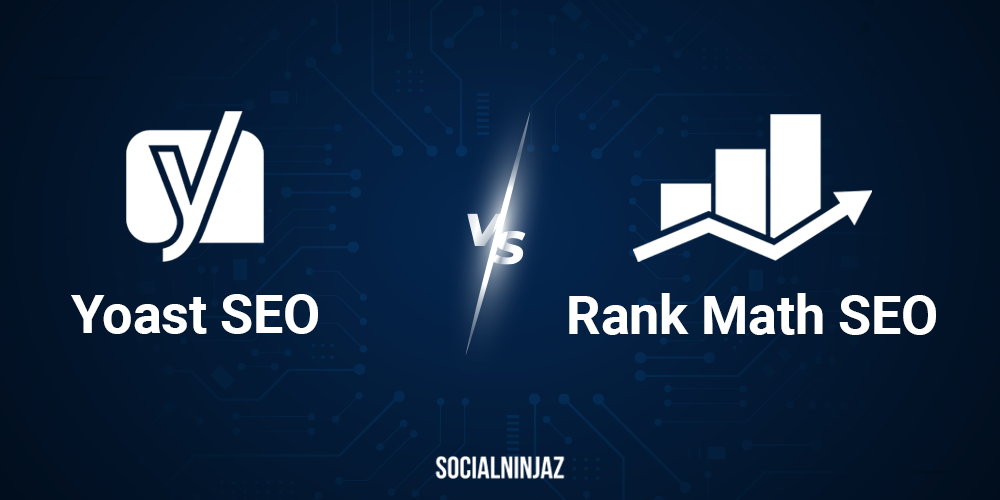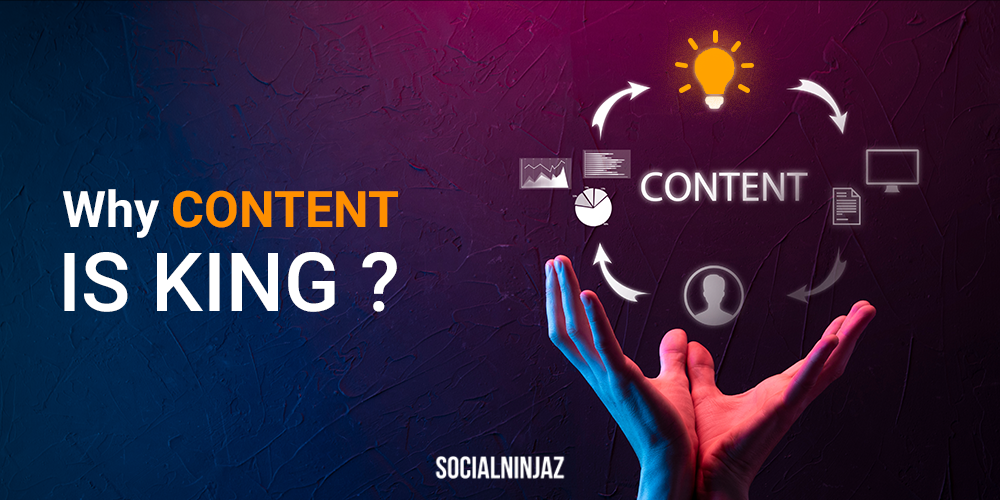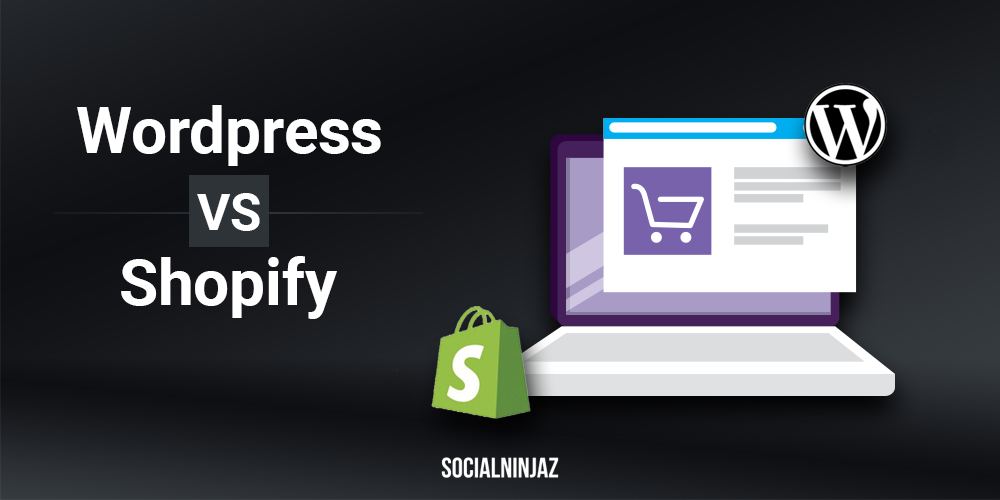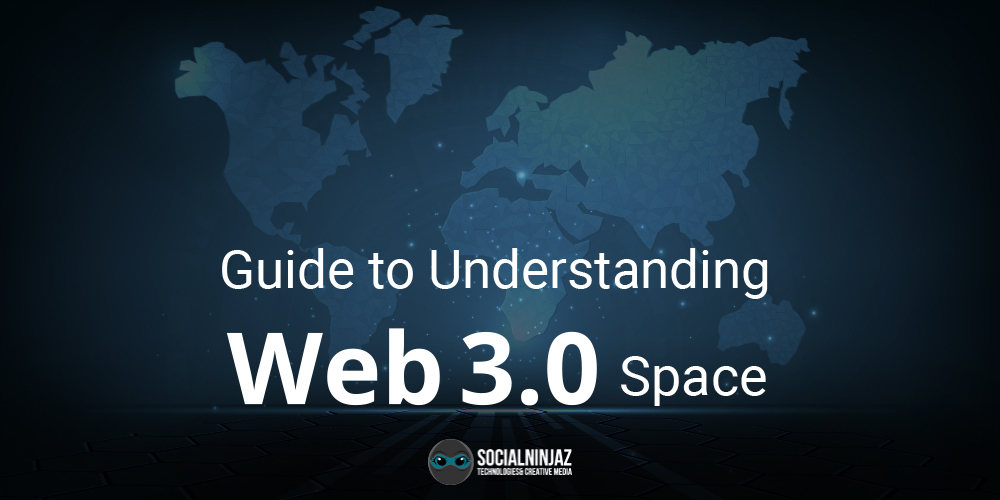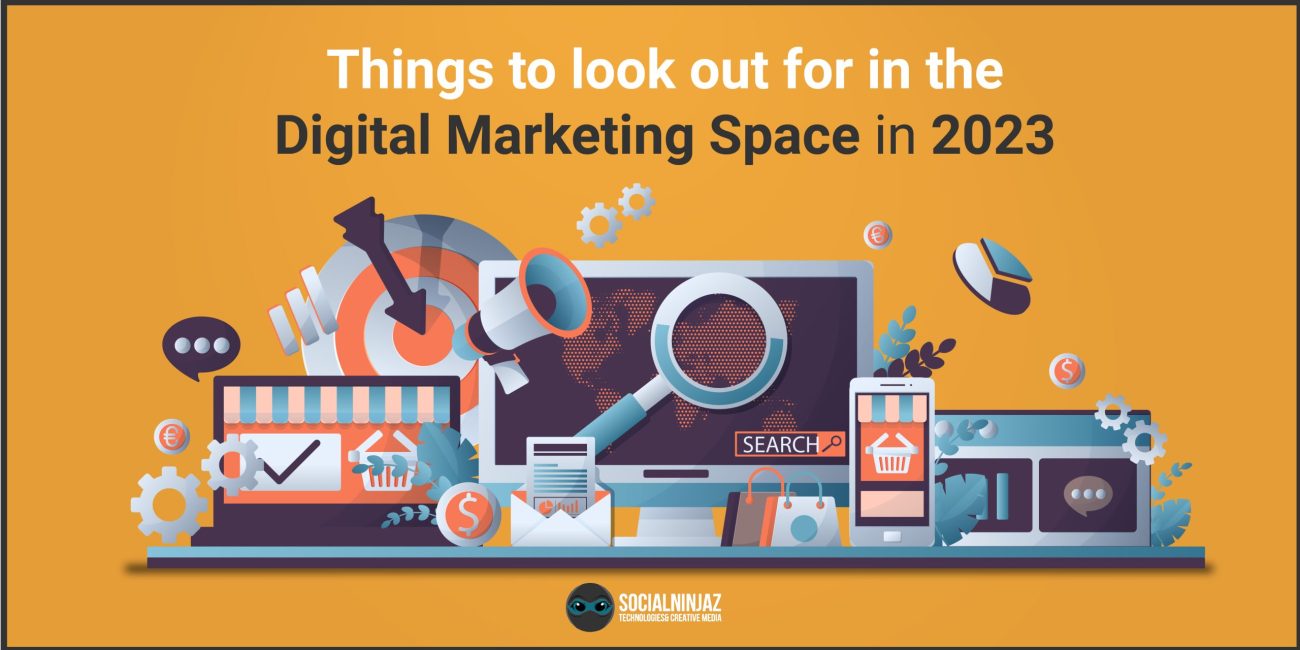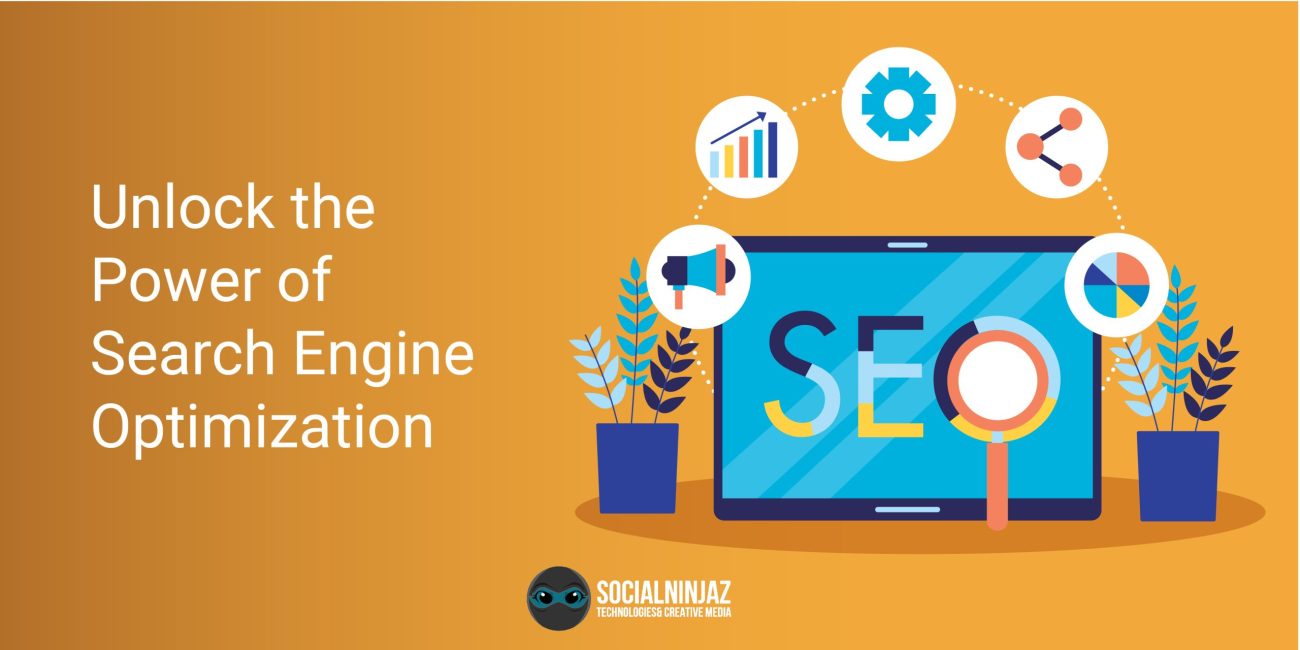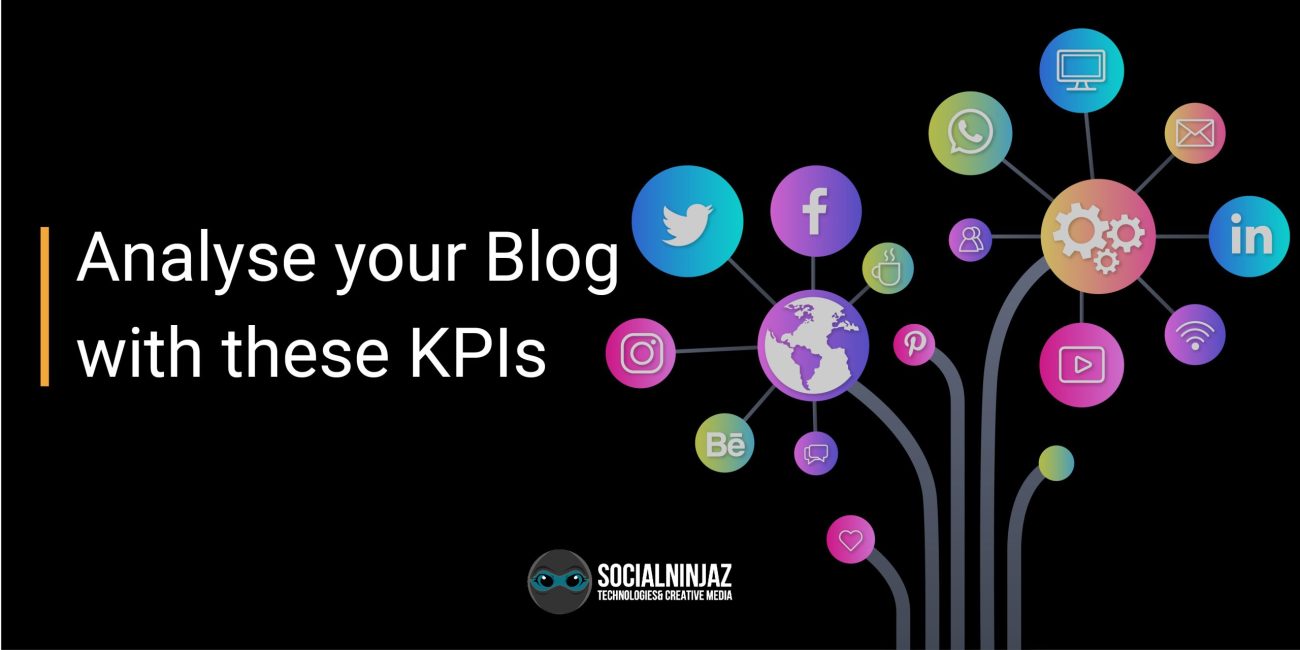Blog

Difference between a Website and Web Application
In today’s digital world, website and webpage are often used interchangeably, leading to confusion about their actual meaning and purpose. Both a website and a web app are accessed through a web browser, but they serve different purposes and have distinct features. Understanding the difference between the two is crucial for anyone who wants to develop an online presence, whether for personal or business purposes. Let’s dive in and learn more about the difference between a website and a web app!
Table of Contents
ToggleWhat is a Website?
A website is a collection of web pages that are accessed through the internet. It is a static platform that provides information to the users. A website typically has a home page that serves as an introduction to the site and provides links to other pages within the site. Websites are usually designed for informational purposes, such as providing information about a company, product, or service.
Websites are designed to be viewed on various devices, including desktop computers, laptops, tablets, and smartphones. They are generally easy to navigate and do not require any special software to be installed on the user’s device. Websites are usually designed using HTML, CSS, and JavaScript, which are the basic building blocks of web development.
What is a Web App?
A web app, on the other hand, is an interactive platform that allows users to perform specific tasks or actions. It is a dynamic platform that responds to user inputs and provides outputs accordingly. A web app can be used for a variety of purposes, such as social networking, e-commerce, productivity, and entertainment.
Web apps are usually designed using more advanced web development technologies such as Angular, React, or Vue.js. These technologies enable web apps to be more interactive and responsive, and they can be designed to work on multiple devices, including desktops, laptops, tablets, and smartphones.
Key differentiators between a Website and Web Application
- Functionality: A website provides information to users, while a web app provides a specific functionality or service to users. A web app is designed to perform a specific task, such as processing payments, managing inventory, or providing real-time information.
- Interactivity: A web app is more interactive than a website. Web apps respond to user inputs, and they can provide real-time feedback to users. Websites, on the other hand, are generally static and do not offer much interactivity.
- User Experience: A web app is designed to provide an enhanced user experience compared to a website. Web apps are designed to be more user-friendly, responsive, and intuitive. They offer a more personalized experience to users by remembering their preferences and providing recommendations based on their behavior.
- Complexity: Web apps are more complex than websites. They require more advanced web development technologies and programming languages, and they often require more development time and resources. Websites, on the other hand, are relatively simple and easy to design and develop.
- Accessibility: Websites are generally more accessible than web apps. Websites are designed to work on multiple devices and browsers, and they do not require any special software to be installed on the user’s device. Web apps, on the other hand, may require specific hardware or software to function correctly.
In conclusion,
If you are planning to develop an online platform, it is essential to understand the differences between a website and a web application and choose the right platform based on your requirements. If you want to provide information about your business, a website may be the best option. On the other hand, if you want to offer a specific service or functionality, a web app may be the better choice. Ultimately, the choice between a website and a web app depends on your specific needs and goals.
admin
Don’t forget to share this post
Similar posts
Why Hiring a WordPress Website Designer Is a Smart Move for Your Business
How Startups Can Leverage Branding Through Social Media for Faster Recognition
How a Web Development Agency Drives SEO, UX, and Long-Term ROI
Building Website for Business vs Relying on Social Media: What Works Best
Marketing Your Business on Social Media – Strategies That Actually Work in 2025
Why You Should Hire a Website Development Agency to Scale Your Business in 2025
Why Your Brand Needs Professional Website Development Services Today
How Web Development Services Empower Brands to Lead in the Digital Age
Why Your Brand Needs a Human-Centric Social Media Marketing Agency
How Does SEO-Friendly Website Design Boost Traffic?
Digital Marketing Using Social Media: What Google’s Latest Update Means for Your Brand in 2025
Why Website Design and Development Services Drive Business Growth
Mastering Social Media Branding: What 2025’s Boldest Indian Brands Are Doing Differently
Why Website Development Services Are Essential for Small Business Growth
Why Hiring a Website Development Agency Is the Smartest Move for Your Business
Janta Sab Jaanti Hai… Par Bhushan Behtar Bechta Hai!!!
What’s the Fuss about Twitter Verification
ChatGPT: The Latest Threat to Human Employment
Difference between a Website and Web Application
Unmasking the Dark Side of SEO: Balancing the Risks and Rewards of Black Hat SEO vs White Hat SEO
Most Suitable Ads for my Business: Search Ads VS Display Ads
Top SEO Websites in the World
How to Get Instagram Verification Blue Tick???
Introduction to Proximity Marketing
YouTube Marketing: Boost Your Online Presence
Off-Page SEO: A Comprehensive Guide
Yoast SEO VS Rank Math SEO
Why Content is King in Modern On-Page SEO
Remarketing 101
Shopify VS WordPress: Which one is more suitable for your business?
Affiliate Marketing 101: Benefits and How to get started
Instagram Stories vs Snapchat Stories
A journey from 0 to 1000 Instagram followers in 10 days
10 Graphic Design Rules Everyone Must Follow
5 Artificial Intelligence Websites for Higher Productivity
Guide to Understanding Web 3.0 Space
What is Influencer Marketing?
Top 20 Performance Marketing Terms You Must Know
Things to look out for in the Digital Marketing Space in 2023
Mastering the Art of Snapchat Marketing
Unlock the power of Search Engine Optimization
Analyse your blog with these KPIs
The Most Innovative and Memorable Social Media Campaigns of the past two decades







